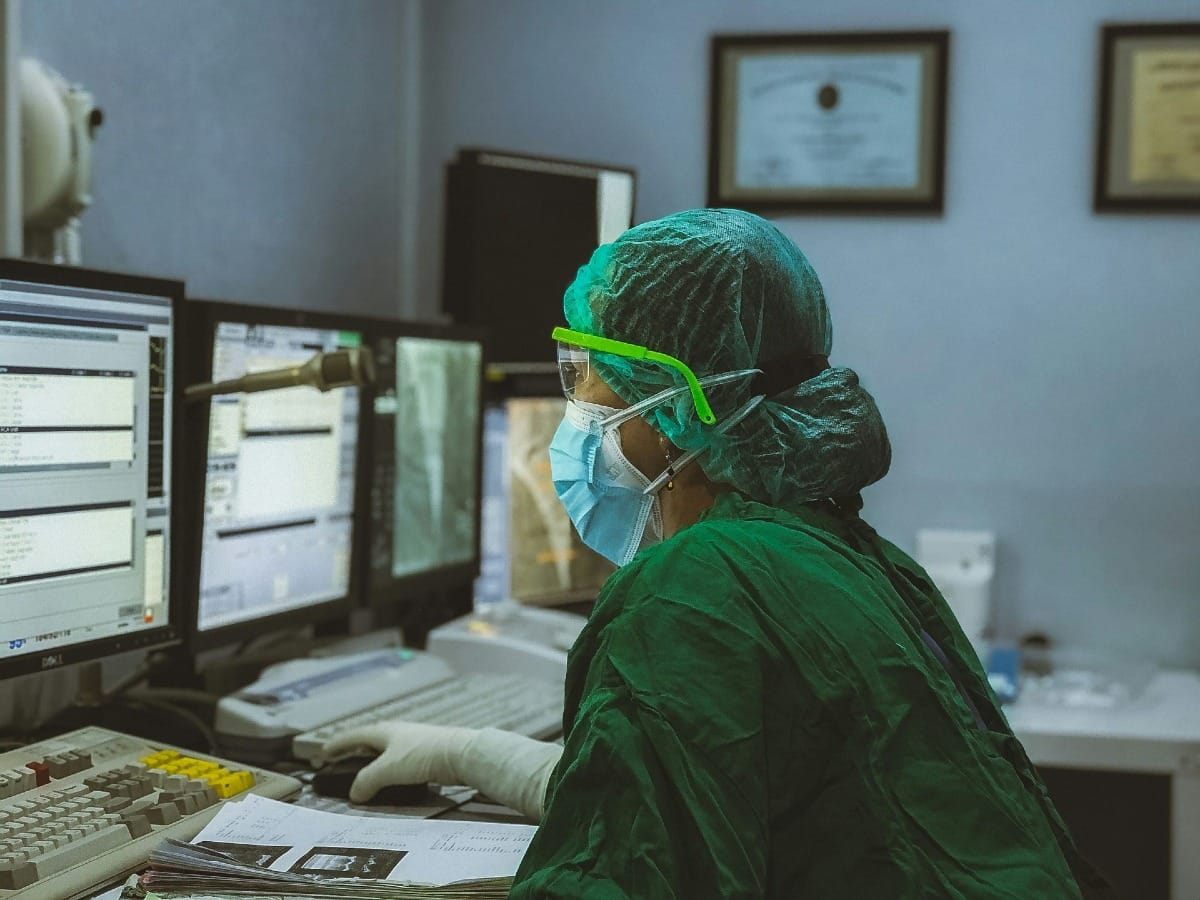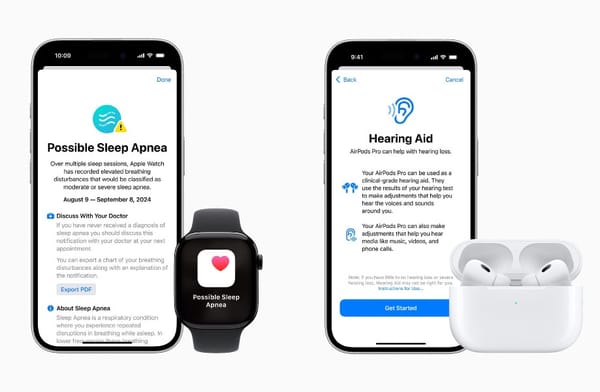Personalized healthcare is transforming how we approach medical treatment and prevention. This article explores the latest trends in personalized healthcare (PHC) in the United States and beyond, highlighting how tailored approaches are reshaping the future of medicine.
Key Takeaways:
• PHC uses biological data to create highly individualized health measures
• Applications are expanding beyond cancer to include prevention and prognosis
• Integration into community healthcare is making PHC more accessible
• Consumer values and preferences are becoming crucial in PHC service design
• Technological advancements in data analysis and wearables are driving PHC growth
Personalized healthcare, also known as precision medicine, is revolutionizing the way we approach health and wellness. By using an individual's unique biological information, including genetic data, PHC aims to provide tailored medical care that is more effective and efficient than traditional one-size-fits-all approaches[1].
The Evolution of Personalized Healthcare
Personalized healthcare has come a long way since its inception. Initially focused on treating cancer and rare diseases, PHC is now expanding its reach to cover a wider range of health conditions. This expansion is largely due to advancements in technology, particularly in the areas of wearable devices and biomedical data analysis[1].
From Treatment to Prevention and Prognosis
One of the most exciting developments in PHC is its growing application in disease prevention and prognosis. Rather than simply treating existing conditions, personalized healthcare is now being used to identify potential health risks before they become serious problems. This shift towards preventive care has the potential to significantly improve overall health outcomes and reduce healthcare costs[1].
Integration into Community Healthcare
As PHC becomes more widespread, efforts are being made to integrate these personalized approaches into community healthcare settings. This integration is making personalized healthcare more accessible to a broader range of patients and consumers. By bringing PHC closer to home, healthcare providers can offer more tailored and effective care to their local communities[1].
Global Efforts in Personalized Healthcare
Countries around the world are investing in large-scale projects to collect and analyze genomic, medical, and health information. These efforts aim to create comprehensive databases that can be used to develop more effective personalized treatments and prevention strategies.
United Kingdom's "Our Future Health" Project
Launched in October 2022, the UK's "Our Future Health" project is a prime example of how countries are expanding their focus on personalized healthcare. This initiative aims to cover not just cancer and rare diseases, but also lifestyle-related conditions. The project emphasizes the use of PHC in prevention, early diagnosis, and prognosis of a wide range of illnesses[1].
Japan's SCRUM-Japan Project
In Japan, the National Cancer Center Hospital East is leading the SCRUM-Japan project, which focuses on personalized drug research and development. This project is expanding its collaboration with other Asian countries, demonstrating the growing international nature of PHC research[1].
The Role of Technology in Advancing PHC
Technological advancements are playing a crucial role in the growth of personalized healthcare. Two key areas driving this progress are data visualization and the application of information technology.
Biomedical Data Visualization
New technologies are making it possible to visualize and understand complex biological data in ways that were previously impossible. These advancements allow healthcare providers to gain deeper insights into an individual's health status and potential risks[1].
IT and Big Data Applications
The increasing use of information technology and big data in healthcare is opening up new possibilities for personalized medicine. By analyzing large datasets, healthcare providers can identify patterns and trends that inform more tailored treatment approaches[1].
Consumer Perspectives in Personalized Healthcare
As PHC becomes more prevalent, understanding and incorporating consumer perspectives is becoming increasingly important. Healthcare providers and companies are recognizing the need to align their services with consumer values and preferences.
Designing Services That Resonate with Consumers
To be successful, PHC services must not only be effective but also appeal to consumers who are taking a more active role in their health management. This means creating services that align with individual values and can facilitate "actions for health"[1].
The Growing Demand for Personalized Services
Patients and consumers are increasingly seeking out personalized healthcare options. This demand is driving innovation in the field and encouraging healthcare providers to offer more tailored services[1].
Challenges and Future Directions
While personalized healthcare holds great promise, there are still challenges to overcome. In Japan, for example, there is a relatively low percentage of cancer patients who can be treated with personalized drugs based on genomic profiling tests. However, efforts are being made to address these issues, such as the Japanese government's approval of the Action Plan for "Whole Genome Analysis 2022"[1].
Expanding PHC Beyond Oncology
While personalized healthcare has made significant strides in oncology, efforts are underway to expand its applications to other areas of medicine. This includes using PHC approaches for infectious diseases, dementia, diabetes, and cardiac conditions[1].
The Role of International Collaboration
The adoption of international data standards, such as the OMOP Common Data Model, is facilitating cross-border collaboration in personalized medicine research. This global approach is accelerating progress in the field and helping to overcome regional limitations[1].
Conclusion
Personalized healthcare is rapidly evolving, promising a future where medical treatments are tailored to each individual's unique biological makeup. As technology continues to advance and our understanding of human biology deepens, we can expect to see even more innovative applications of PHC in the coming years.
The integration of personalized healthcare into community settings, coupled with a growing focus on prevention and prognosis, has the potential to transform the healthcare landscape. By aligning these scientific advancements with consumer values and preferences, the healthcare industry can create more effective, efficient, and patient-centered care models.
As we move forward, continued investment in research, technology, and education will be crucial to realizing the full potential of personalized healthcare. With ongoing global collaboration and a commitment to innovation, personalized healthcare is poised to revolutionize medicine and improve health outcomes for people around the world.
Citations:
[1] https://www.mitsui.com/mgssi/en/report/detail/__icsFiles/afieldfile/2024/01/05/2303m_kato_e.pdf
[2] https://viseven.com/medical-writing-in-enhancing-healthcare-communication/
[3] https://www.ncbi.nlm.nih.gov/pmc/articles/PMC8201906/
[4] https://www.roche.com/about/strategy/personalised-healthcare













Member discussion